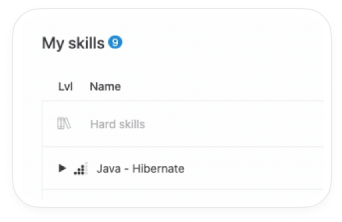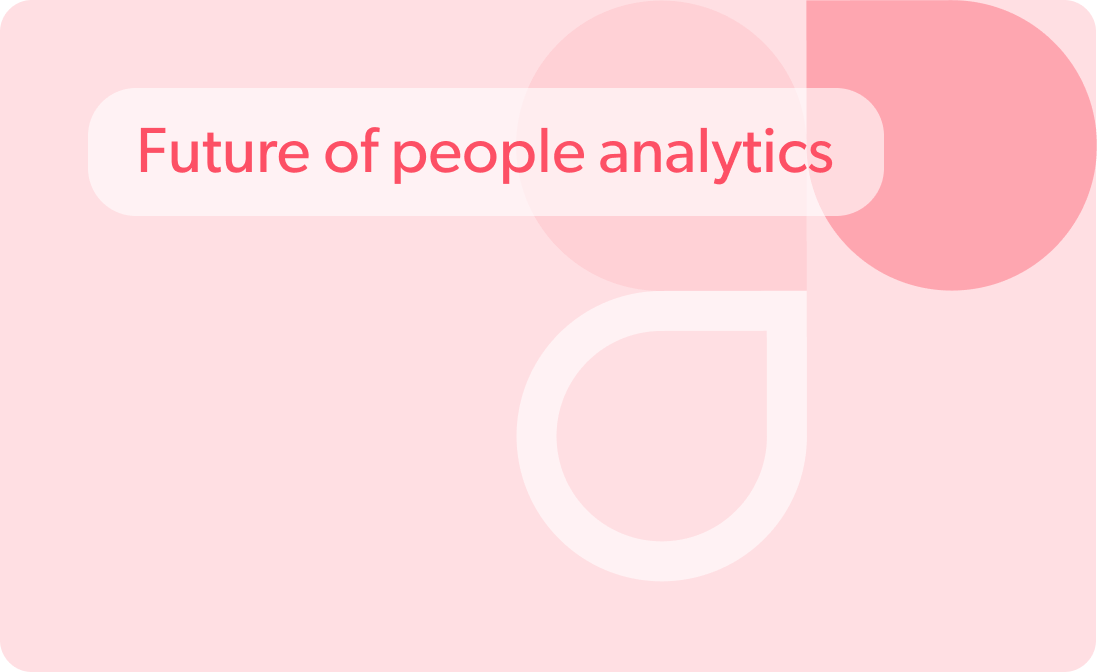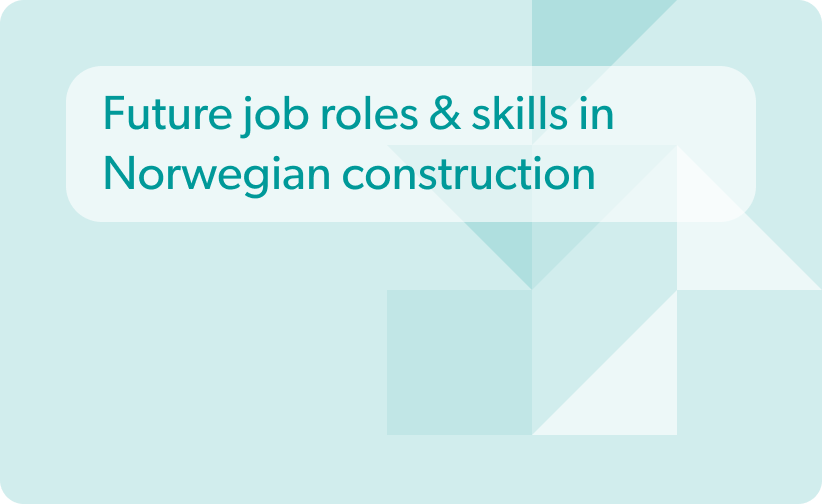Many companies have implemented HR tech solutions into their work in recent years. The transition to the digital HR paradigm helps organizations optimize human resources more efficiently and consistently through social, mobile, analytical, and cloud technologies. Human resource technology priorities include analytics, virtual technology, and updated learning platforms.
Following the article about HR trends in 2023 and beyond, we also explored what HR technology trends you should pay more attention to this year.
What is an HR tech solution?
HR tech solutions include software, digital platforms, tools, and cloud-based technologies that securely store data, automate day-to-day processes, and provide analytical tools to make more strategic decisions. Digital HR platforms manage critical HR functions, such as wages, benefits, recruitment, adaptation, productivity management, and employee communication. Automating these processes saves your time and money. It also reduces the possibility of human error by limiting liability and preventing costly errors.
HR tech is a solution for business and is vital for the organization’s success. SRHM research shows that organizations that use HR software outperform those that don’t.
As for personnel technology, PWC’s report showed that more and more organizations are using HR technology to succeed in future work. Therefore, they monitor and implement HR technology trends.
Most expected HR technology trends in 2023
Over the past few years, the human resources industry has undergone unprecedented changes. Through the increasing push for a more diverse workforce, the growth and introduction of artificial intelligence (AI) and machine learning (ML), HR professionals changed their work habits and improved their skills. Let’s inspect what the HR technology trends are.
Use of artificial intelligence and machine learning
According to the IEEE Global Study, critical technological changes in 2023 will be artificial intelligence and machine learning (21%), cloud computing (20%), and 5G (17%).
With the desire to develop the business, 66% of world business leaders and analysts agree AI will drive most innovation in almost every industry over the next 1-5 years. For example, Mark Hornung, a senior employer brand strategist at exaqueo, believes that AI and ML will help HR managers reduce their workload while improving the overall productivity of their businesses further in 2023.
Source: UNCTAD 2023 report
Blockchain integration
A study by Morgan Philips Group reveals that the Blockchain will change some HR technology trends in 2023. For example, Blockchain offers solid security opportunities like encryption of networks where employees and companies can securely share information, allowing recruiters to verify employee data, including educational and career achievements.
Here are the primary goals that blockchain integration will help HR managers achieve:
Standardization. Blockchain exponentially improves collaboration between talent departments and provides programmers with development recommendations, thus improving the quality of human resources systems.
Trust. Due to key-based access, blockchain registries protect data from unauthorized access. Initiatives like the Trusted Global Network for HR Data will facilitate access to data for relevant parties.
Security. For HR teams, implementing the Blockchain provides a high level of security in managing large amounts of confidential data about the company and its employees.
“Blockchain technology will be integrated directly into the HR function through many use cases—lending transparency and trust.” Mercer Company
Decentralized HR evolving new management skills
MindEdge/HRCI 2021 survey reveals that employee turnover is high, which requires a change in the approach to a talent search. Therefore, flexibility, digitization, and hybrid work stay as HR technology trends and key focus areas.
According to Engage Rocket report, a typically centralized HR function should give way to a “hyperlocal model” in which HR can outsource last-mile communication with each employee through managers.
They added that the usual approach to evaluating and promoting managers should also change. Instead of selecting “task managers” for leading positions, companies will need to promote those employees with leadership and mentoring skills.
In 2023, human resource technology managers should pay attention to:
- Review key performance indicators for managerial evaluation and encourage managers to develop talents and skills, not just operational ability.
- Reject the idea that managers should have all the answers.
- Empower managers with tools and data. Enhance the results of better selection and training of managers with the right technology tools.
Explore the skills every future CHRO needs
With the help of extensive market research and keeping an eye on changing trends such as digitization, automation, and leading teams, the job profile template provides a clear framework to prepare you for what is expected from future CHROs.
Digital learning, training, & development
The pandemic has created many learning opportunities for retraining and training the workforce, like digital learning platforms. They allow businesses to share files and resources, automate workflows, and support employees seeking professional development.
Work-based learning encourages employees to be more proactive and achieve their personal and professional goals. This trend will remain strong in 2023. Besides it, we would also mention two more important HR technology trends relevant this year.
Develop a knowledge management system. According to Finances Online, with the help of software, HR managers can help the business keep learning or onboarding documents structured and easy to find.
Build well-being into your L&D program. By prioritizing knowledge management and overseeing it in your organization, you help your employees focus on what’s significant, eliminate information overload, reduce stress, and improve their well-being and business health.
Technology that elevates hybrid working
Many surveys show that people and companies are attracted to hybrid work styles. For example, a study by global recruitment firm Robert Half shows that about 1 in 3 professionals (34%) currently working from home because of the COVID-19 pandemic would look for a new job if required to be in the office full time.
Companies that apply hybrid work will have to develop in three directions.
People. The search for cooperation platforms between the office and remote employees will remain open to HR managers.
Places. Analytical platforms that inform teams about the value of a commercial real estate in different markets across the country, the availability of places, options for cooperation, and more will increase.
Scheduling. Tools that allow for planning and fulfilling responsibilities and restrictions will be in demand long after 2023.
Compliance with the D&I, DEI, and DEI&B
The benefit of the hybrid work era is that a physical distance less critical gives companies more access to more skilled and diverse talent.
Diversity and inclusion have rapidly developed for the last two years, and we’ve seen that traditional “diversity and inclusion” (D&I) isn’t enough in an inherently biased society. The industry moves towards “diversity, equality, and inclusion” (DEI).
Still, being diverse, equal, and inclusive is not enough to create a work environment that helps people get the most out of themselves and is suitable for a new era of work.
Belonging to work stays next to the DEI and forms DEI&B. Employees no longer see work as a rewarding job. The focus has shifted more to purpose, accomplishment, and well-being with the pandemic.
According to AIHR report, HR technology trends in 2023 include the following areas to improve employee sentiment:
- Develop a two-way communication strategy and build future communications based on their information
- Expand continuous listening
- Enable frequent checks between employees and managers.
Source: Academy to Innovate HR
Tech developing for the well-being
Recent study published in NCBI found that extensive work can lead to an extraordinary surge in the risk of cardiovascular diseases. In addition, overwork decreases productivity and increases the risk of mental health problems, including anxiety and depression.
Thus, mental health and resilience will no longer be just buzzwords in 2023. Companies should invest real money in improving the well-being of employees and ensuring they are ready to face new challenges and try new opportunities.
Selection Software Review mentioned that HR technology trends would focus on these well-being areas in 2023:
- Create an atmosphere of psychological security. Build a culture in which everyone feels safe to express their views on work and career-related conversations without the risk of reprimand.
- Stress relief policy development. Policies like employee help programs and flexible work hours when employees can plan their working hours and rest time.
Key takeaways
- Introducing human resources technology is one of the most critical aspects of HR leaders to improve talent attraction, improve employees’ experience, and help effectively scale operations.
- AI and ML are one of the most popular HR technology trends that help in workforce analytics and employee support.
- Hybrid work remains the leading model for many companies. At the same time, there’s a need to develop a platform that’ll secure the inner data, and Blockchain is a solution.
- Virtual work has a positive effect on employees. In the McKinsey study, employees who work remotely see greater efficiency and are more optimistic about their work. Thus, human resource technology implements tools that help employees stick to a healthy lifestyle and work relations with the help of DEI&B.
- The inclusion of new technologies won’t only allow you to have a healthy environment at work but also to train new employees and upskill current ones. This will allow your company to have a healthy and long-term working relationship.
Hope this publication helped you understand the HR technology trends that will be relevant in 2023. If you want to learn more about technologies that help HR managers create a healthy and effective workplace, contact us and let’s talk!
Stay up to date with our newsletter
Every month, we’ll send you a curated newsletter with our updates and the latest industry news.





























 info@hrforecast.de
info@hrforecast.de
 +49 89 215384810
+49 89 215384810






